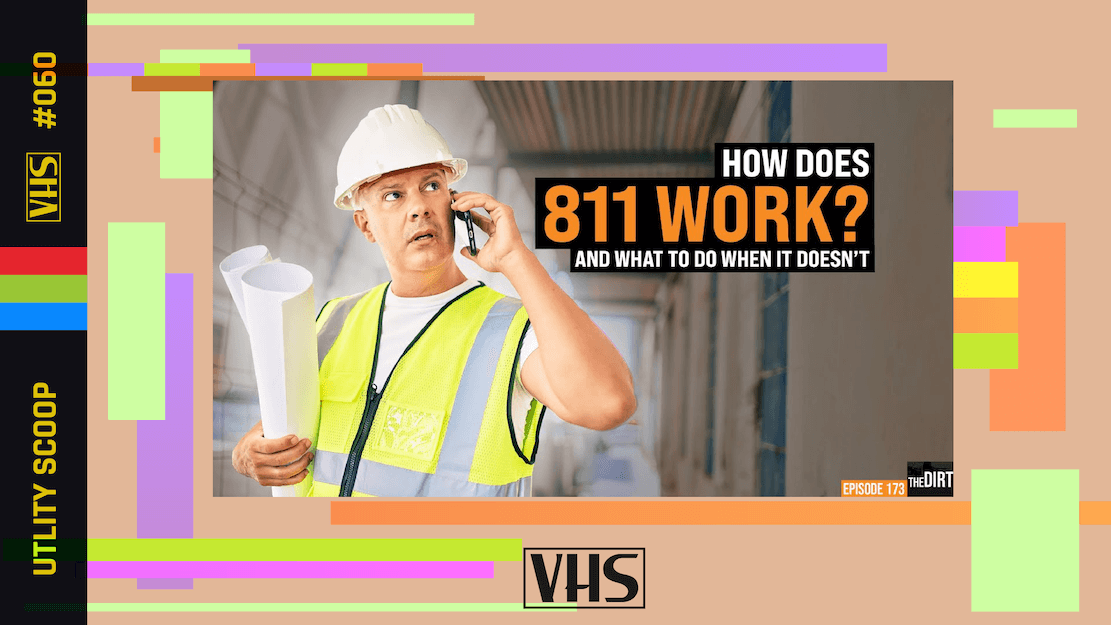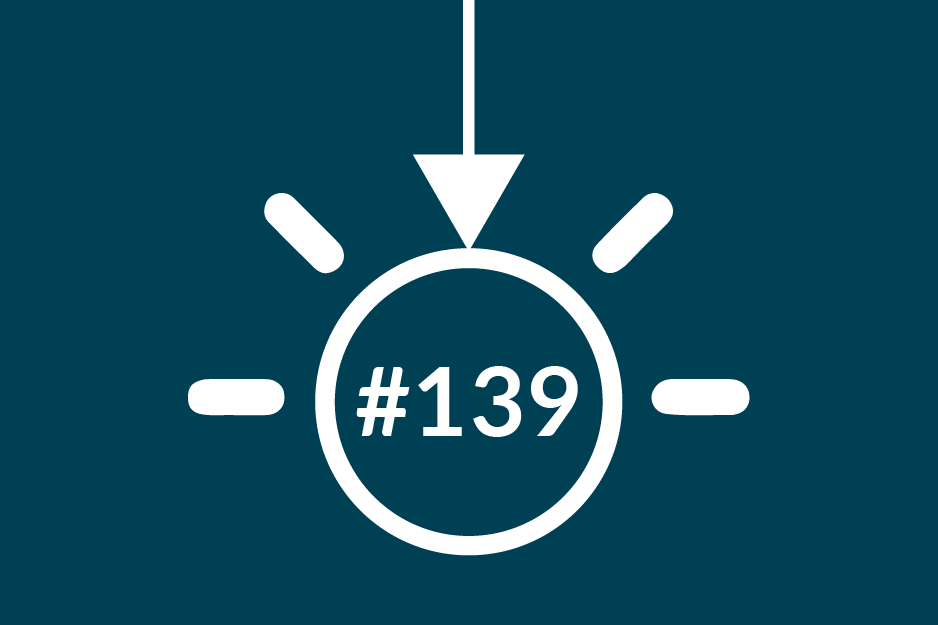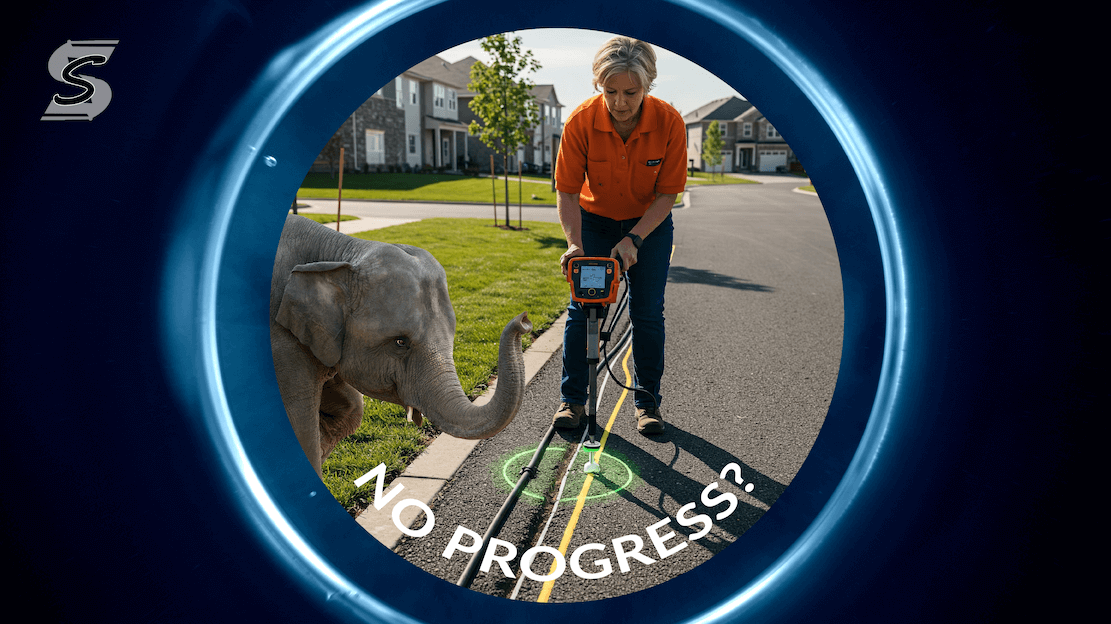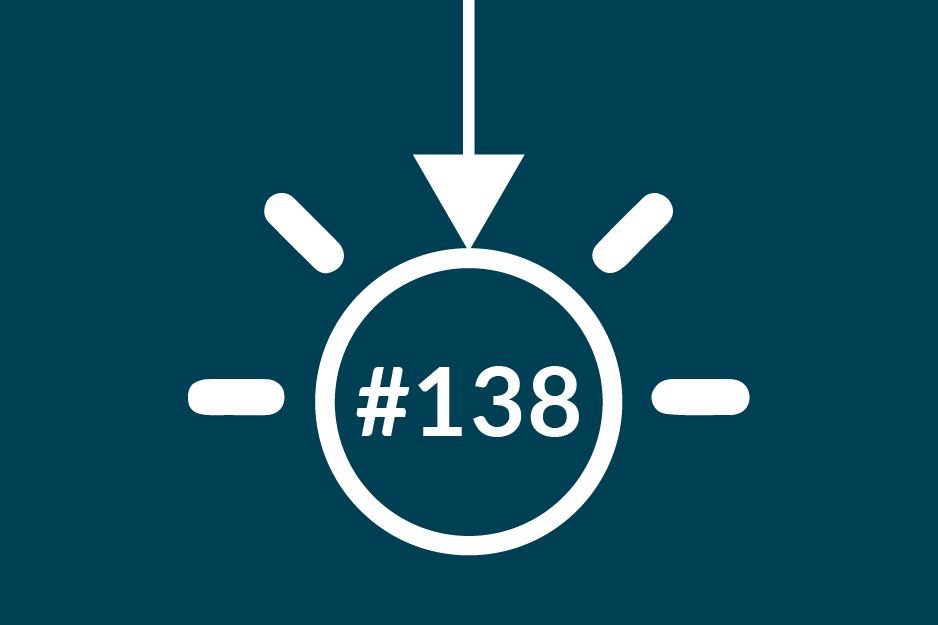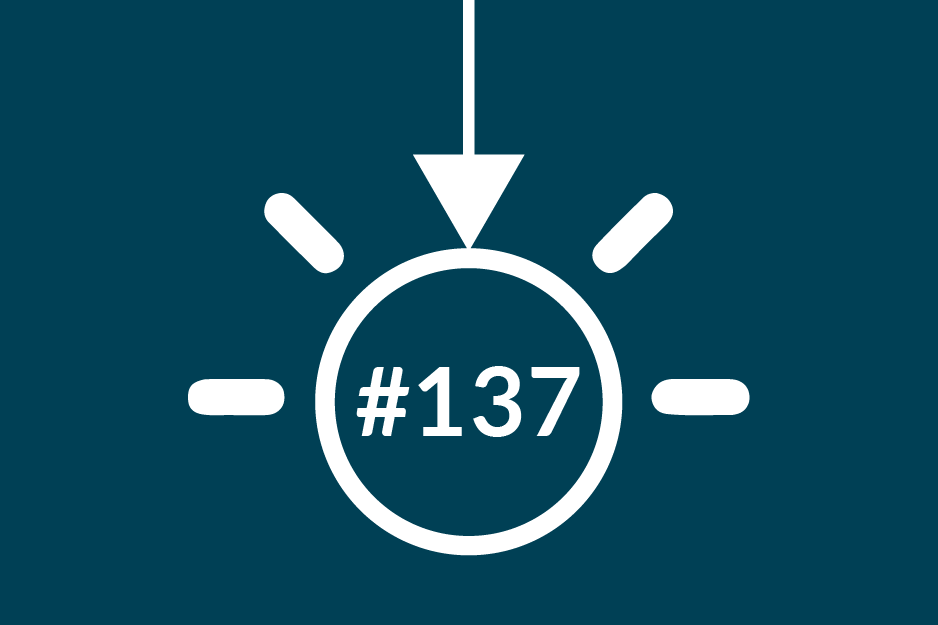Demystifying the 811 Utility Location System: Insights from Equipment World's The Dirt
Calling and waiting on 811 for underground utility locates can often be frustrating, especially when there are delays or missed lines. In a recent episode of Equipment World's The Dirt series, viewers are given an in-depth look behind the scenes of the 811 system to better understand its workings and challenges. This episode features Kelly Cahill, Communications Director at the nonprofit Common Ground Alliance, who offers valuable insights and practical tips for contractors.
Understanding 811 and Its Importance
The episode begins with an overview of the 811 system, which is a critical service for anyone planning to dig. Kelly Cahill emphasizes that one of the biggest issues with the 811 system is that many contractors still neglect to make the call before they start digging. This negligence is the leading cause of utility-line strikes, accounting for one-fourth of all damages. Beyond the potential for costly repairs and project delays, utility strikes can be extremely dangerous and even deadly.
How the 811 System Works
Cahill explains that 811 is a national service, but it operates through various local centers across different states. For instance, calls in Virginia are routed to Virginia 811, while California has separate centers for its northern and southern regions. Utilities pay to be members of these local 811 centers to protect their infrastructure, ensuring that information about planned digs is disseminated appropriately to prevent damage.
Common Frustrations with 811
Contractors often experience several issues with the 811 service:
- Delays in Service: One of the most common complaints is that 811 can be slow to respond, causing project delays.
- Incomplete Utility Detection: 811 only locates utilities of its member companies, so lines owned by smaller companies or municipalities might be missed.
- Predatory Practices: There have been instances where utilities claim payment for strikes on lines that were not properly marked by 811.
Tips for Contractors
To navigate these challenges, Cahill provides some practical advice for contractors:
- Always Call Before You Dig: Despite its flaws, calling 811 is a crucial first step in any digging project.
- Report Incomplete Locates: If 811 fails to locate all utilities in time, let them know. This feedback can help improve the system.
- Fight Unjust Bills: If you receive a bill for a utility strike on a line that wasn't marked, don't hesitate to contest it.
Conclusion
This episode of The Dirt is an essential watch for anyone in the construction industry. By understanding the 811 system and its potential pitfalls, contractors can better protect themselves and their projects. For more insights and tips, be sure to check out the full episode on Equipment World's website and subscribe for weekly updates on the latest in construction equipment and industry best practices.
